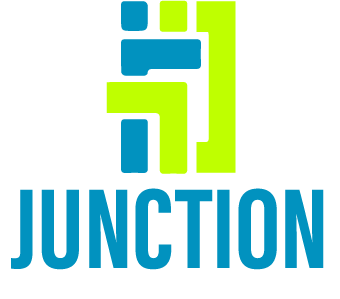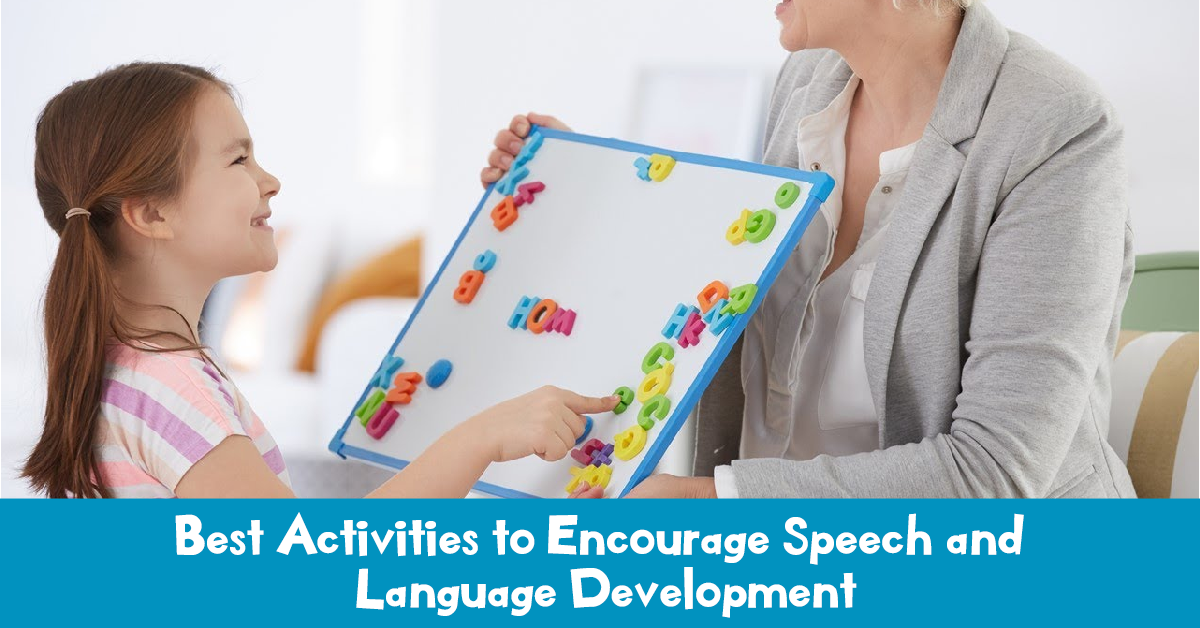Helping children develop strong speech and language skills is one of the most crucial aspects of early childhood education. At Kidz Junction Daycare and Out of School Care Ltd., we understand that communication is the foundation for learning, social interaction, and self-confidence. A carefully designed day care program for language development can nurture these skills from an early age. Through fun, interactive, and meaningful activities, children can gain confidence in expressing themselves while building essential listening and comprehension abilities.
This article explores some of the best activities for speech development that you can incorporate at home to support your child’s language growth.
1. Storytelling and Reading Aloud
Reading stories and encouraging children to tell their own stories are the cornerstones of language development. This activity helps children:
- Expand their vocabulary.
- Understand sentence structure.
- Improve listening skills.
- Express emotions and ideas clearly.
At Kidz Junction Daycare and Out of School Care Ltd., we use picture books, puppets, and interactive story sessions to engage children. After reading, we ask open-ended questions like, “What do you think happens next?” or “How do you feel about this character?” This invites children to formulate sentences and share their thoughts.
Tip: Make reading a daily habit. Even a 10-minute storytelling session can significantly boost a preschooler’s communication skills.
2. Singing and Rhymes
Songs, nursery rhymes, and rhythmic chants are fun ways to improve pronunciation, rhythm, and memory. Activities such as:
- Singing alphabet songs.
- Reciting rhymes with actions.
- Creating call-and-response chants
…can enhance auditory discrimination and speech clarity. Rhymes are particularly effective for preschoolers because they emphasize patterns in language and make new words easier to remember.
Language development activities for preschoolers that include singing also help shy or reluctant children participate more comfortably in group settings.
3. Role-Playing and Pretend Play
Pretend play is more than just fun; it’s a powerful tool for developing speech and language. When children engage in role-playing scenarios such as “playing doctor,” “shopkeeper,” or “teacher,” they practice:
- Using new vocabulary.
- Structuring sentences.
- Understanding social cues in conversation.
- Engaging in turn-taking during dialogues.
Encouraging children to describe what they’re doing, or to negotiate roles with friends, naturally develops communication skills in a stress-free environment.
4. Interactive Games and Puzzles
Games that require talking, giving instructions, or describing objects are perfect for boosting language skills. Examples include:
- “I Spy” games to identify colors, shapes, or items.
- Picture-based puzzles where children describe what they see.
- Memory matching games with verbal prompts.
These activities not only improve vocabulary but also enhance cognitive skills such as memory, attention, and problem-solving. When incorporated into a full-time daycare program, they provide consistent practice and reinforcement for speech development.
5. Show-and-Tell Sessions
Show-and-tell is a classic but highly effective activity for encouraging children to speak confidently in front of others. Each child can:
- Bring an object from home.
- Describe it using sentences.
- Answer questions from peers or educators.
This activity promotes expressive language skills, critical thinking, and the ability to organize thoughts before speaking. It also boosts self-esteem and social interaction among peers.
6. Art and Craft Descriptions
Arts and crafts aren’t just about creativity; they’re a fantastic way to practice language. Encourage children to:
- Describe the colors, shapes, and textures they’re using.
- Explain the process of their artwork.
- Share the story behind their creation.
This verbal practice, combined with hands-on activity, helps children make connections between words, objects, and actions, strengthening their overall language abilities.
7. Conversational Turn-Taking
Simple, structured conversations with peers and educators can work wonders. Encourage:
- Asking and answering questions.
- Sharing personal experiences.
- Responding to comments appropriately.
Turn-taking builds listening skills, teaches patience, and reinforces sentence formation. A Child Day Care Centre like Kidz Junction ensures children get plenty of opportunities for these interactive dialogues throughout the day.
8. Technology-Aided Learning (With Guidance)
Educational apps and audio-visual resources, when used appropriately, can supplement language development. Activities like:
- Interactive story apps.
- Vocabulary games.
- Listening and repeating exercises.
…can reinforce classroom learning and support children who might benefit from auditory cues or visual prompts.
Enroll Now
At Kidz Junction Daycare and Out of School Care Ltd., we believe that every child deserves the best start in life. Our thoughtfully designed full-time daycare program and language development activities for preschoolers provide a nurturing environment where children thrive in speech, social skills, and confidence. Come visit us to see how our activities for speech development can set your child on the path to effective communication and lifelong learning.
Frequently Asked Questions
Q1: What are the activities to encourage speech and language?
Activities include storytelling, singing rhymes, role-playing, show-and-tell, art descriptions, and interactive games. These exercises help children expand vocabulary, improve pronunciation, and build confidence in speaking.
Q2: What are four activities that can be used to develop children’s spoken language?
Storytelling, singing rhymes, pretend play, and show-and-tell are four highly effective activities that support spoken language development.
Q3: Which activity is most appropriate for developing language skills?
Storytelling and reading aloud are particularly effective because they expose children to new words, sentence structures, and ideas while encouraging comprehension and expression.
Q4: Which is the best method for encouraging language development?
A combination of interactive play, consistent conversations, and guided reading sessions is the most effective method for developing language skills in young children.
Q5: How do you stimulate a child’s language development?
Engage them in daily conversations, ask open-ended questions, read together, sing songs, and provide opportunities for role-playing and creative expression.
Q6: At what age is speech fully developed?
Speech and language development continues throughout early childhood, but by around age 5-6, most children can form complete sentences, tell stories, and communicate effectively.

